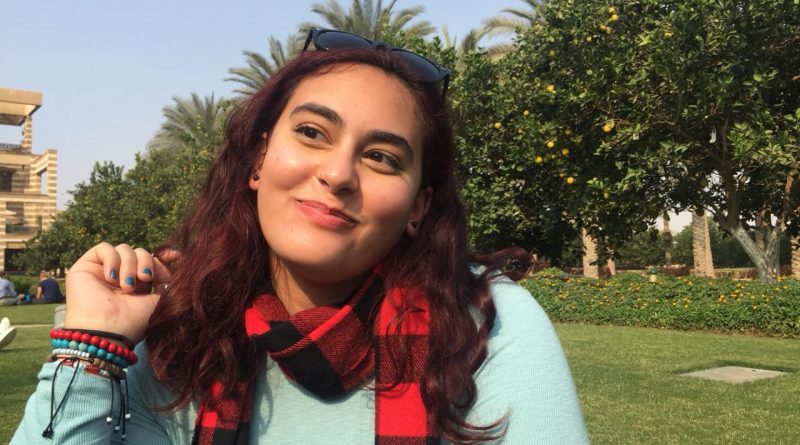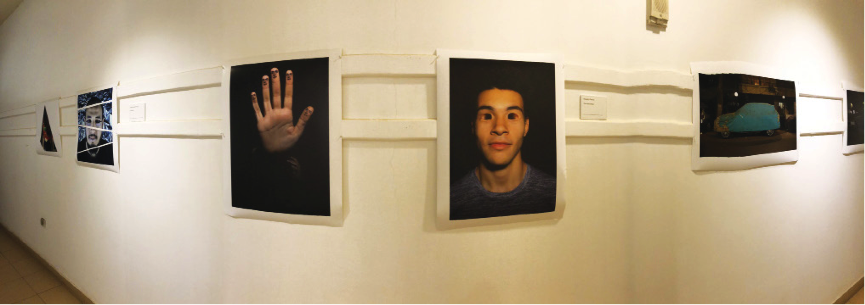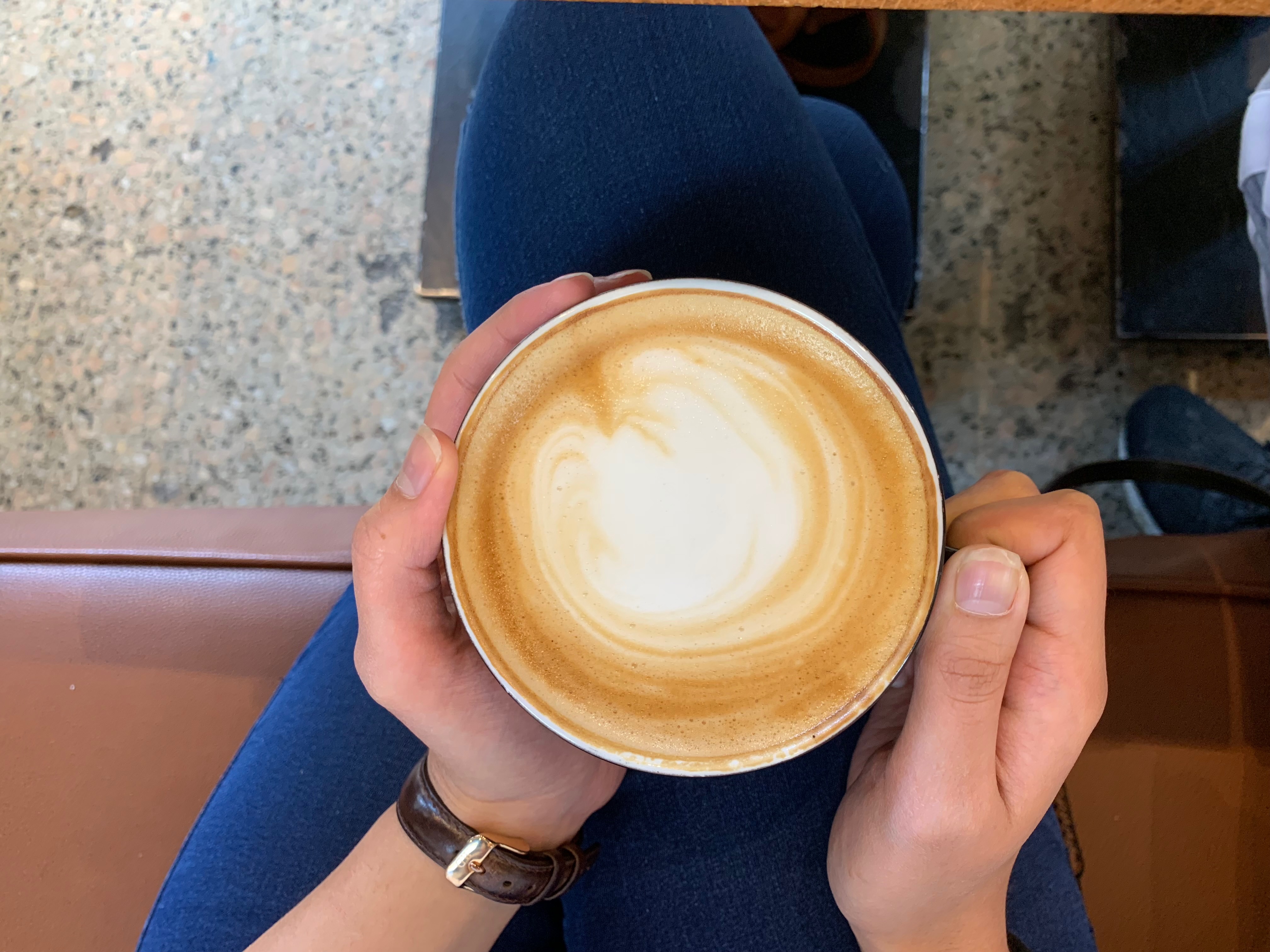The Maadi Incident: Our Duty to the Vulnerable
By: Hanya Captan
@HanyaCaptan
Deputy Editor-in-Chief
A new dimension was added to our national discussion of sexual harassment last week when a man, “shaklo ibn nas” (of respectable social standing), lured a seven-year-old girl, bent sayes (daughter of a parking attendant), into the secluded entrance of a building housing a medical laboratory in Maadi. Trusting that he was far from prying eyes, but not accounting for the presence of a security camera, he proceeded to grope the young girl.
Just when you feel your heart drop, fearing what may happen next, a woman who works at the lab – a saint, really – emerges and confronts the man. This was not her only saintly act.
The young girl flees.
The man can be seen trying to charm his way out of the situation, but the woman manages to get him to look up directly at the camera. Hours later, the video starts making the rounds on social media in a desperate attempt to identify the man.
On March 9, one day after the video was posted on social media, Egyptian security forces announced that they had the man in custody. By March 10, Egypt’s Public Prosecutor had referred him to criminal court.
It goes without saying that I am beyond relieved that this man has been caught and that justice is being sought, but I am nonetheless left with a haunting feeling of unease.
Let’s revisit this incident in an alternate reality.
A man, “shaklo ndeef” (variation of respectable social standing), “byaarf rabena” (Pious man, on account of the Facebook pictures of him taking part in Hajj), lures a young girl into a random building. It is important to note that this girl is not “bent nas” (from a family of high social standing), she is not “bent” anyone who could protect her in the battle of social status versus justice.
The man proceeds to sexually assault her.
Maybe there is a witness, maybe there isn’t. Maybe they get involved, maybe they don’t. Maybe there’s a camera to catch everything that happened, maybe there isn’t.
Bottom line, the incident goes unreported to the necessary authorities, and there is no damning evidence to circulate on social media.
All this is to say, that without the perfect combination of ‘maybes’, the situation in Maadi not only could have escalated, but remained in the dark.
In an interview on Yahdoth fi Masr (happening in Egypt), a news talk show, the victim’s mother said that her daughter never mentioned that she was assaulted. The mother only found out about the incident when she was contacted by the police, requesting that she come to the station.
In that same interview, the victim’s lawyer went on to explain that had the victim’s mother gone to file a case on her behalf, she would have been faced with one of two scenarios — her case gets dismissed due to insufficient evidence, or be forced to name the accused.
And that is where the heart of the story lies. Justice being sought for the girl in this case depended entirely on the courageous actions of others. The woman who interfered when the incident took place, the woman who posted the video, and all the people who shared it so that the perpetrator could be found.
While our society may be making progress toward empowering and supporting victims, the most vulnerable still remain without recourse. Whether it is because of their age, social status, or simply not having a strong support network, now more than ever we all have a duty to one another.
Never underestimate the power of speaking up for someone or even recording an incident. Help the victim secure the evidence needed and make sure justice for their case is sought.
This whole movement was started with the actions of a few courageous people and because of them we should all have confidence to be just as courageous.




